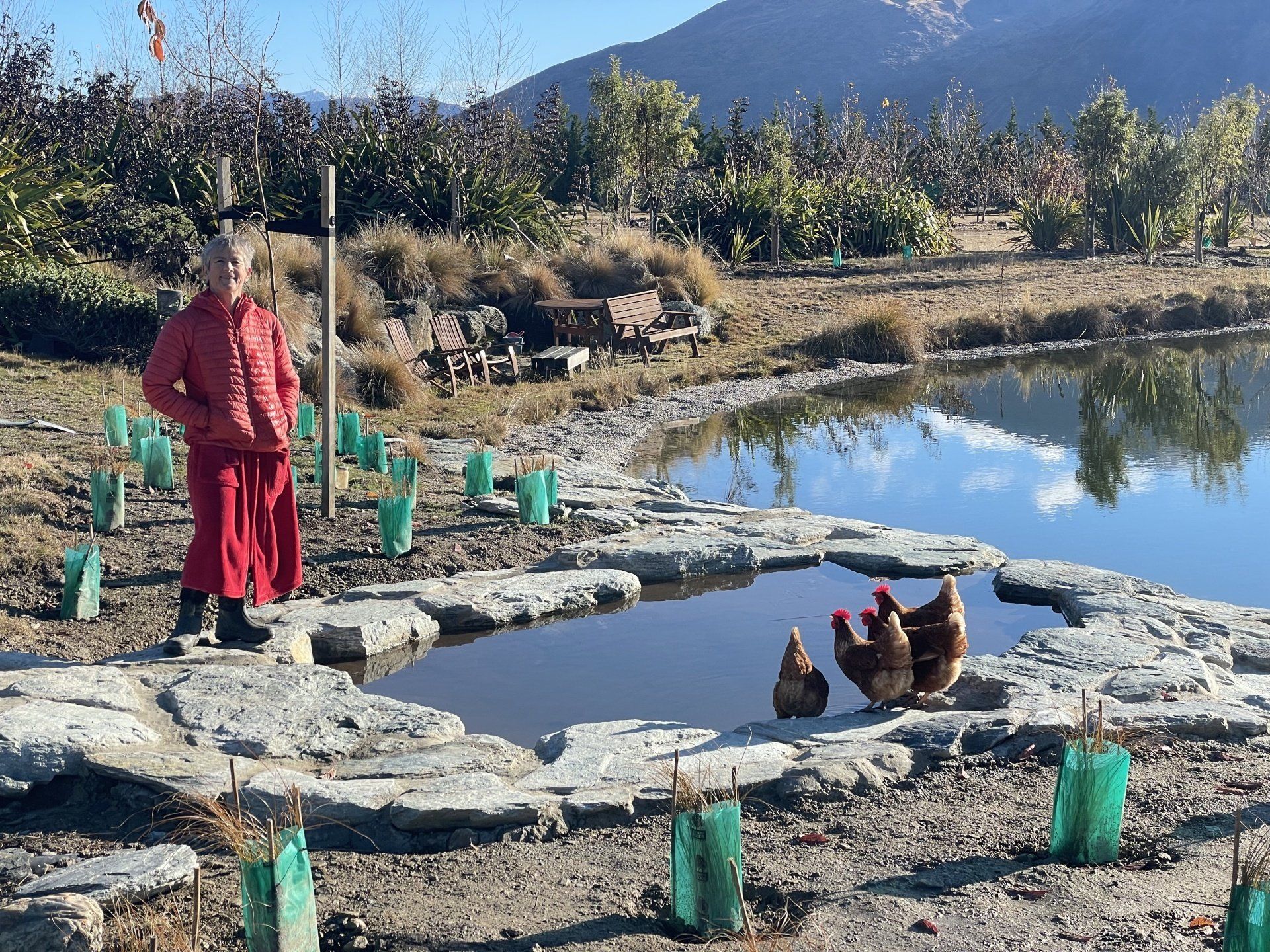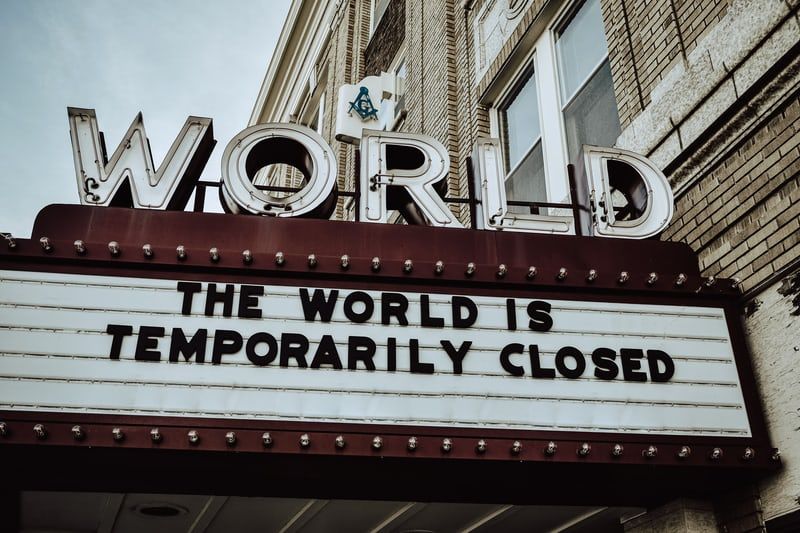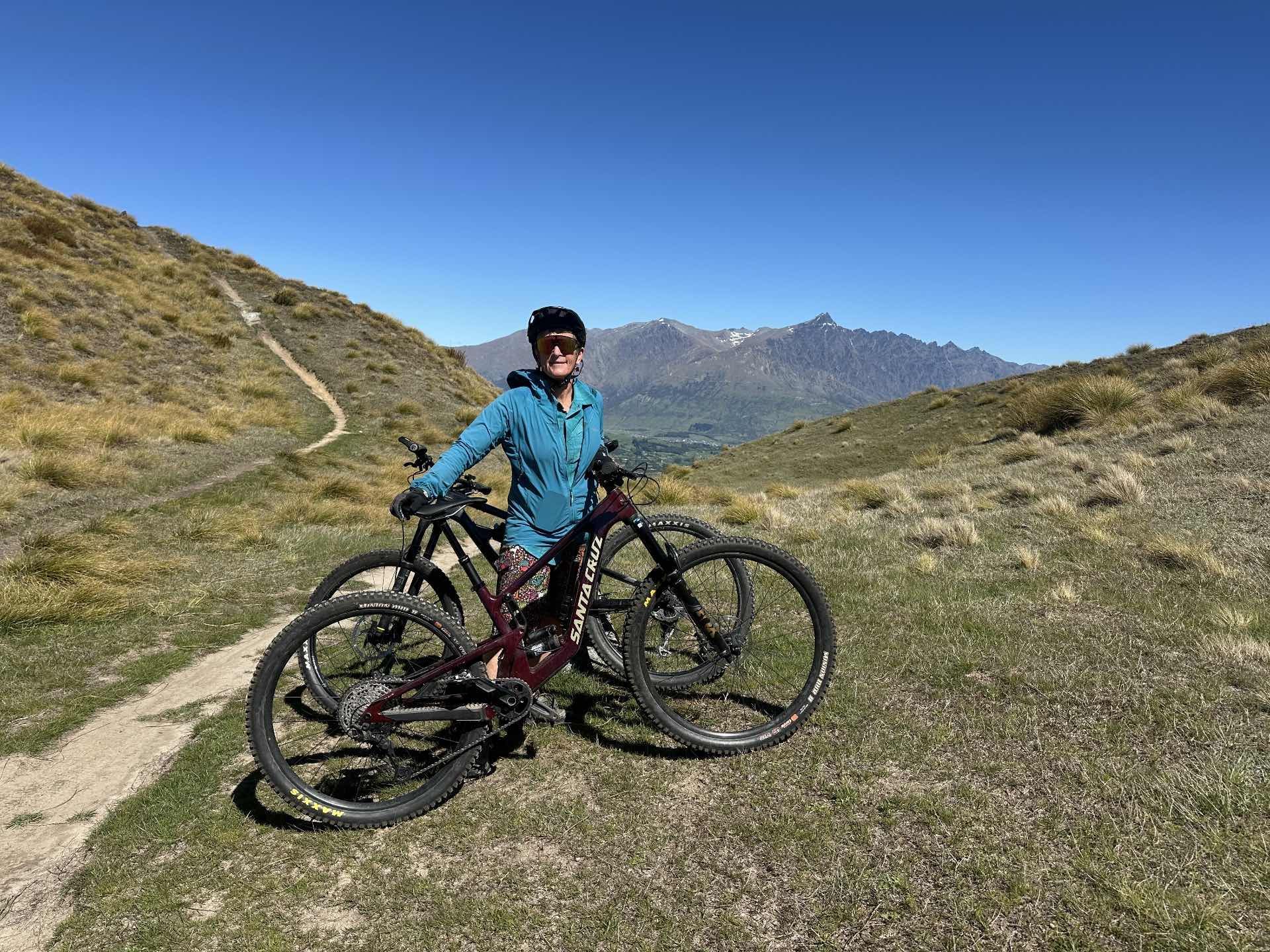The role of insurance

I hate insurance companies. That is not too strong a word. One could ask why I even get insurance because the very thought of dealing with an insurance company makes me feel stressed. My abhorrence of insurance companies stems from the Canterbury earthquakes. Up till that time, I thought of insurance as a generally expensive necessity to cover major risk, and had made the odd claim for stolen items, mostly when travelling.
The Canterbury earthquakes gave many people a new experience of insurance companies. It turns out that companies don’t mind paying out for your stolen travel mat or your damaged carpet, sums well less than even your annual premium. However, when your house has suffered major structural damage they are not at all interested in paying you sums that may total more than you have ever paid them. Silly me, I thought that was the point. You paid the companies all that money, so that when the really bad thing happened, your life would be made easier. In fact, life got a whole lot harder because you now had to fight for the money that you (and the documents you signed) suggested you were owed, but which the companies thought they would do everything in their powers to delay you receiving.
I am very happy that the New Zealand government is no longer playing a front role in the process of earthquake insurance – the Earthquake Commission (EQC) was abysmal in its management of process through the earthquakes. I well remember an insane phone call in which I inquired as to the decision following an inspection of our house a month prior. The EQC person (one spoke to a different person every time as they rapidly moved through the awful organisation and, even if they had stayed, there was no way of reaching the same individual again) told me our house had not been inspected. I insisted that it had been inspected, I was there watching the inspection. They insisted that it had not been inspected. After a very long period of back and forth, and my demand to speak to the person’s manager, it eventually transpired that the inspection had been recorded against one of the 12 claims lodged against our house, but the person on the phone was looking at a different claim; the EQC system did not link claims on the basis of the house address! One created a new house claim, land claim and contents claim for every major earthquake (of which there were four), and they didn’t relate to one another in the database. Apparently this lack in the database of linking between claims was also a lack in the brains of the people who answered the phone.
Our house self-repaired as the quakes progressed because it went from a write-off to being easily repairable. I was told that the gib could simply be screwed back down and patched up; never mind that much of the gib was bracing walls where the bracing is rated on being glued and screwed and all the glue had failed (and glue cannot be replaced in behind a gib board). It would be easy to write many thousands of words on the horrors of insurance after the Canterbury earthquakes, and we suffered far less than many other people, so I will stop at this point. In the end, we were paid $180,000 for our damages by EQC (as awful to deal with as they were) and $30,000 by AA as our insurance company. That was more or less inversely proportional to the scale of premiums we had paid to EQC and AA. This amount was at the bottom end of what we were owed, but it was sufficient for me to get out of the process; sanity was becoming a more important factor than the money.

Our current house insurance policy is due and we received a notice in the mail. Why did it come in the mail, when I have asked repeatedly for all correspondence to be by email? Because the insurance company can’t send the policy via email for reasons they cannot explain. I looked at the policy, felt sick at the thought of the questions I needed to ask about it and put it on my desk. I am not naturally a procrastinator, but insurance companies have trained me into a procrastinatory response. I then took the policy to Christchurch, brought it back again, and finally persuaded myself to deal with it with 9 days to go before it expired. 1.5 hours into a series of inane conversations, I could stand the process no longer and hung up while on hold, again. I had tired of answering questions such as “How often do you ride your bicycles?” and being told, when I asked what that had to do with insuring the bicycle while they were at my house, “I don’t know but our underwriter says I have to ask the question.”. I got close to rage point, saying “How about you ask your underwriter so you can explain the reason for these apparently stupid questions to the next person that asks?”. I think I said that not too long before I hung up.
If getting a policy is this sort of hard, what possible hope does one have of getting any money out of the company? I realised I didn’t want to find out the answer to that question. I used good old Google to look for options, together with NZ Consumer, and found that I could apply for insurance online with TradeMe. Ten minutes later insurance was sorted, I have a login to make claims from, and the person I spoke to briefly was most surprised at the idea that one might have to deal with pieces of paper in the insurance process. Maybe they won’t pay out on a claim, either, but hopefully I won’t have to speak to any idiots to be not paid money. Not to mention, the premium was considerably cheaper, perhaps because the company doesn’t have to employ a whole lot of people who have no interest in questioning their execrable system.
So what does insurance have to do with COVID? Insurance actually has quite a lot to do with what we can, and can’t, do, in a whole lot of ways. Still with house insurance, insurance will have a major bearing on when we really engage in managed retreat from places where this is significant risk of loss from natural hazards. When insurers hike premiums massively because a house is at risk from sea level rise will be the time that people can’t get mortgages and seaside properties seem a good deal less desirable.
In the same way, availability of travel insurance is going to have a significant effect on future ability to travel. Travel insurance has never covered pandemics (or warfare). If your government issues a “Do Not Travel” Notice against a country, you will be unlikely to get travel insurance to go there. For New Zealanders, our “Do Not Travel” notices include the whole world, other than Rarotonga and Australia with whom we have travel bubbles. As ever more virulent (and potentially lethal) COVID variants continue to develop in parts of the world where vaccination against COVID-19 is not happening, it is quite likely that our government will not recommend travel to many countries for a significant period of time. Of course, you can travel without insurance, but getting repatriated in the event of a significant illness or injury is quite a big risk for which to self-insure, and may give many people pause for thought (when they get around to thinking about the lack of insurance!). For good, or for ill, we may have to take a lot more heed of whether we can individually cover the costs of the risks we take in the future; this may be no bad thing.






